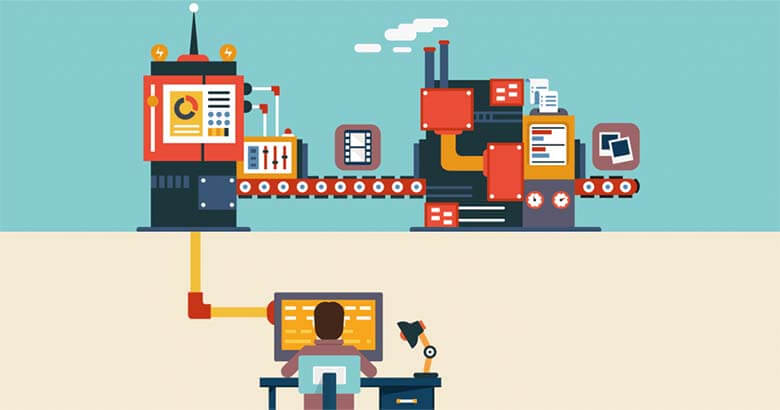
The concept of the citizen integrator is gaining prominence among professionals exploring iPaaS Integration (Integration Platform as a Service). But what exactly is a citizen integrator, and how do they fit into corporate integration strategies? In this blog, we’ll break down the definition, role, and challenges of Citizen integrators, showcasing their potential impact on modern business processes.
iPaaS: Transforming the integration landscape
iPaaS, or Integration Platform as a Service, is a cloud-based solution that enables businesses to seamlessly connect data, applications, and processes. By leveraging low-code integration and drag-and-drop integration tools, iPaaS eliminates much of the complexity traditionally associated with integration projects. This accessibility has paved the way for Citizen integrators, empowering business users to take on integration tasks without requiring advanced IT skills.
For more details on how iPaaS works, check out our blog: What is iPaaS?
Citizen integrator: Definition and Role
A citizen integrator is a business user who can independently create software and process integrations using intuitive tools. They typically work outside the IT department but require basic technical proficiency and power user rights to relevant systems.
Core attributes of citizen integrators:
- Domain expertise: They understand the specific processes and challenges of their department (e.g., marketing or sales).
- Access to tools: Equipped with low-code platforms, they can connect systems with minimal technical training.
- Collaboration with IT: While IT oversees and governs integration projects, citizen integrators handle simpler tasks, reducing IT’s workload.
An example in practice:
Imagine a marketing department implementing a cloud-based marketing automation tool. To optimize efficiency, they integrate the tool with the company’s CRM system. Instead of waiting for IT to execute the integration, a Citizen integrator in the marketing team handles the task using iPaaS tools. IT’s role shifts to providing support, governance, and ensuring compliance.
Opportunities and challenges
Opportunities:
- Increased agility: Empowering Citizen integrators accelerates the delivery of integration projects.
- Cost savings: Reduces reliance on external developers or IT resources for routine integrations.
- Departmental ownership: Departments gain greater control over their processes and tools, ensuring tailored solutions.
Challenges:
- Complexity of advanced integrations: While low-code tools are powerful, more complex integrations require advanced IT skills, especially for enterprise-wide processes or business process automation.
- Risk of data silos: Without proper governance, citizen integrators may inadvertently create isolated solutions, leading to inefficiencies.
- Compliance and security concerns: Ensuring adherence to regulatory requirements demands IT oversight.
The place of citizen integrators in modern integration projects
Although citizen integrators are a significant trend in the integration platform as a Service space, they will not replace IT professionals. Instead, they complement IT by handling simpler integrations while IT focuses on larger, more complex projects.
Key recommendations for success:
- Governance framework: Establish clear guidelines to prevent data silos and ensure alignment with broader integration strategies.
- Support from IT and iPaaS providers: Equip citizen integrators with professional tools and ongoing support. Solutions like the SEEBURGER Business Integration Suite enable secure and scalable integration environments.
- Training programs: Provide citizen integrators with resources to develop their technical understanding, maximizing the potential of low-code platforms.
Conclusion: citizen integrators as enablers of change
Citizen integrators represent a paradigm shift in how companies approach integration. By leveraging intuitive tools and platforms like iPaaS, they can contribute to faster, more flexible business processes. However, their success depends on collaboration with IT and adherence to governance structures to ensure long-term sustainability.
The future of integration lies in striking a balance between business user empowerment and technical oversight. With the right strategies in place, companies can harness the power of citizen integrators to drive innovation while maintaining operational integrity.
Source: https://blog.seeburger.com/what-is-a-citizen-integrator/
 bis-workflow.com
bis-workflow.com


